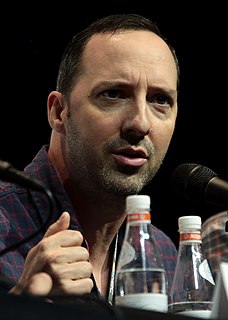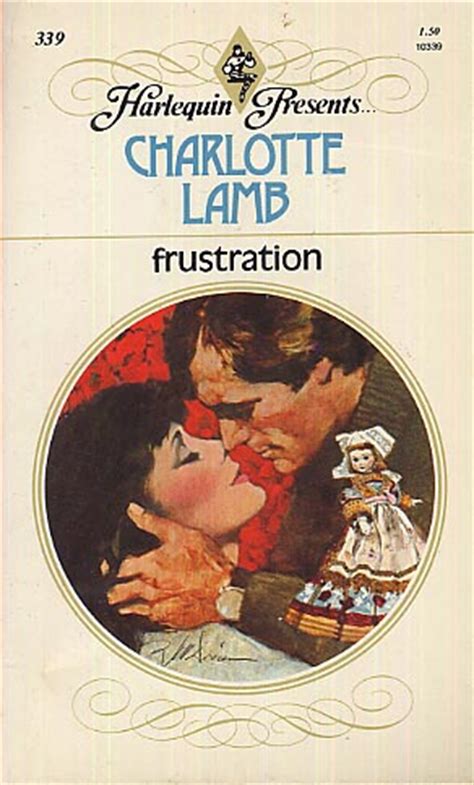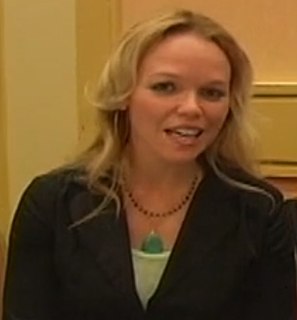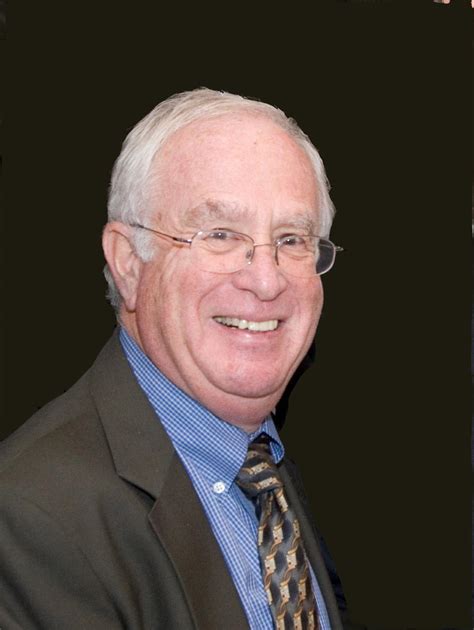A Quote by Frank Luntz
Eighty percent of our life is emotion, and only 20 percent is intellect. I am much more interested in how you feel than how you think. I can change how you think, but how you feel is something deeper and stronger, and it's something that's inside you.
Related Quotes
The deeper reality is that I’m not sure if what I do is real. I usually believe that I’m certain about how I feel, but that seems naive. How do we know how we feel?…There is almost certainly a constructed schism between (a) how I feel, and (b) how I think I feel. There’s probably a third level, too—how I want to think I feel.
To paraphrase the philosopher Nietzsche, he who has a strong enough why can bear almost any how. I've found that 20 percent of any change is knowing how; but 80 percent is knowing why. If we gather a set of strong enough reasons to change, we can change in a minute something we've failed to change for years.
Most of our difficulties, our hopes, and our worries are empty fantasies. Nothing has ever existed except this moment. That's all there is. That's all we are. Yet most human beings spend 50 to 90 percent or more of their time in their imagination, living in fantasy. We think about what has happened to us, what might have happened, how we feel about it, how we should be different, how others should be different, how it's all a shame, and on and on; it's all fantasy, all imagination. Memory is imagination. Every memory that we stick to devastates our life.
I think everyone is always asking themselves, How is my work meaningful, how is my life meaningful? As I get older, I feel like who I am as a person and a citizen is more important than who I am in my work. But I do think it reframed slightly for me, how much I have to care about a project in order to want to do it. Sometimes, obviously, you have a take a job for money. But I think I'm quicker now when I get a script that's, say, borderline misogynist, I'm not going to go in for it. I'm thinking more about what I'm putting into the world.
Eighty five percent of Americans, year in and year out, say they believe everyone should have universal coverage. The problem is everybody has a different idea of how to make it work. And unfortunately what you have is 85 percent of Americans are reasonably well-insured. And when you start thinking about how you're going to get the remaining 15 percent, everyone gets very nervous.


































